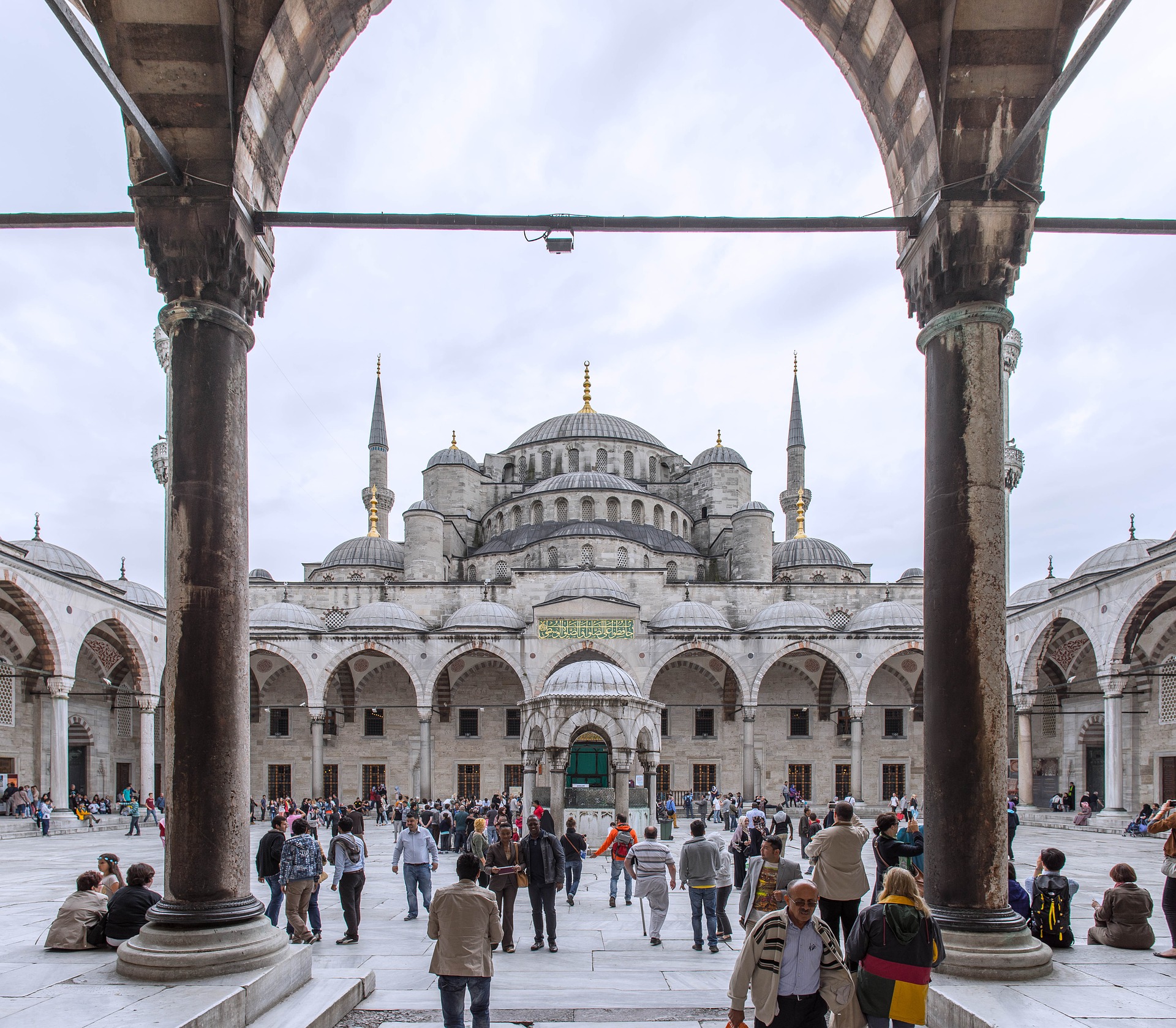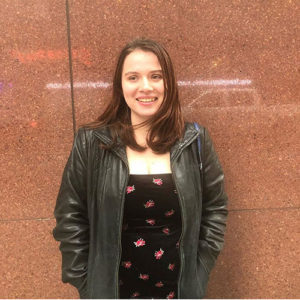Turkish scholar Nazan Bedirhanoglu traveled to the United States after submitting a dissertation for her Ph.D at Binghamton University. Four days before she was set to return to her native Turkey, Bedirhanoglu received the news that she had been blacklisted by the Turkish government. Knowing that her passport would be confiscated if she returned to Turkey, Bedirhanoglu has been in the United States since the summer of 2016.
Bedirhanoglu, along with 1,128 other academics in Turkey and 300 from outside the country, signed the Academics of Peace petition in January 2016, which criticized the Turkish government for its security operations in Southeastern Turkey. According to Bedirhanoglu, the Turkish government “declared curfews in Kurdish cities and attacked Kurdish civilians, killing many.” The scholars who signed the petition are now barred from being public servants, which prevents them from teaching. In addition, Bedirhanoglu says the academics are being indicted in retaliation for signing the petition. Bedirhanoglu herself is standing trial right now.
When Bedirhanoglu received the position of Freedom Project Post-Doctoral fellow in the political science department at Wellesley College, the institution told her about the New University of Exile Consortium. The Consortium is a partnership between fourteen schools, including the New School, Wellesley College, and Yale University, who host endangered scholars from around the world. Arien Mack, a psychology professor at The New School, oversees the program.
The New University of Exile Consortium is a revival of the University of Exile (UOI) program. Alvin Johnson, the first president of The New School, established the University in Exile in 1933 as a refuge for Jewish and other scholars “whose life and works were being threatened by Nazism and fascism.”
According to Histories of The New School, the first round of scholars at the University in Exile program included agricultural economist Karl Brandt, professor of legal sociology Herman Kantorowicz, musicologist Erich von Hornbostel, psychologist Max Wertheimer, and social policy specialist Frieda Wunderlich.
A majority of the initial scholars in this program were Jews who were from or lived in Germany, whose livelihoods were put at risk when Adolf Hitler rose to power in 1933. As Jews were soon banned from teaching in Germany when the Law for the Restoration of Professional Civil Purpose was passed, leaving Nazi-occupied Germany was their only chance to continue their research.
_____________
Utku Balaban, a visiting associate professor of Sociology at Amherst College, also signed the Academics for Peace petition when it first circulated. “[President] Erdoğan threatened all of the scholars and called them traitors,” Balaban said. “Then the abuse of power by the government against scholars began.”
Balaban believes that one of the roles of scholars, and people in other positions of privilege, is to “speak up when everyone else is silenced,” which academics did, as well as lawyers, engineers, and other groups with their own separate petitions. However, Balaban continues to question why fewer than 2,000 out of the over 100,000 scholars in Turkey signed the petition. “Their silence should be recorded, and their silence should be remembered,” Balaban said.
Balaban explained that one major difference between the original UOE and the current one are ways in which modern authoritarian regimes present themselves in comparison to Nazism and other forms of early 20th century fascism. Balaban explains that it is a challenge to convince people that countries like Turkey are being governed by authoritarian regimes when “on the surface, there are elections and ballot boxes.”
In addition, unlike the rise of Nazism in the 1930s, Balaban does not expect that the Turkish government will “attack other countries to start an all-encompassing global war,” as it is very keen on “repressing its own people.” When facing international pressure to address its repressive policies and retaliation against peace petitioners, Balaban thinks that the Turkish government may attempt to take progressive steps at the surface level, but these are only temporary. One way in which Turkey may appear to have a just legal system is by holding trials for those who signed the critical petitions, but Bedirhanoglu said that “there is no independent judiciary system in Turkey, it’s now a puppet of the government.”
The current Turkish government is not the only authoritarian regime to hold trials for dissidents in order to make themselves appear that they have a just judicial system. In 1934, the Nazi Party established the People’s Court, where people were sentenced to death for nearly every criminal act. Despite the brutality of the People’s Court, only one person was ever held accountable for the executions ordered through this “court” in the Nuremberg proceedings – Chief Public Prosecutor Ernst Lautz – who was pardoned four years into a ten-year sentence.
Scholars in exile, as scholars in the consortium are often referred to, have and will continue to give talks about authoritarian regimes in their home country and their experiences living under them. Bedirhanoglu and Balaban participated in a panel at Trinity College in late March where they, along with two other Turkish scholars in exile – Cem Ozatalay and Savas Ergul – discussed their Turkish identity and the harm the Turkish authoritarian government has caused. New University in Exile Consortium had its first conference in April, where eight scholars discussed the state of universities and crackdown on academic freedom in their home countries.
While the New University in Exile program provides a safe haven for its scholars, a far greater amount remain endangered throughout the world. The New School has made efforts to support scholars who have lost their jobs by giving them an opportunity to co-lead online seminars with an exile scholar in the United States. In addition, Bedirhanoglu says that the New University in Exile Consortium is “looking into other ways of establishing and developing more methods of solidarity” with endangered scholars and trying to raise awareness about the challenges that scholars under oppressive regimes face.
Both Balaban and Bedirhanoglu feel an obligation to speak about authoritarian regimes for their colleagues who are not able to leave Turkey, including some who continue to advocate for the Kurdish people despite the risks of speaking out. Even as retaliation against scholars continues, Bedirhanoglu still has hope that a shift will come. “[Authoritarian governments] are not as powerful as they seem,” Bedirhanoglu said. “This means that there is always hope.”
Featured image credit: Pixabay.com/Kirill_Sobolev.

